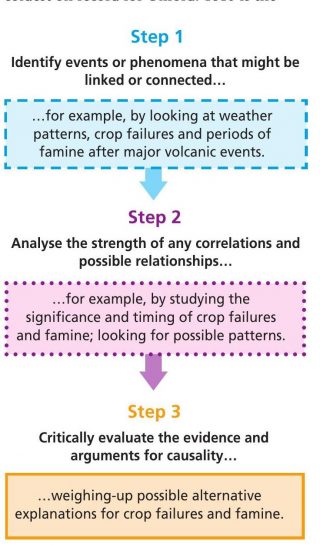
Few poets are able to make a living solely by publishing poems. Among the reasons for this may be that poetry is not as widely appreciated as other art forms, that it is a highly individual art, and that poets are often not well-known figures. However, the cultural role played by poetry is growing in significance. As particular historical commemorative anniversaries occur, so interest in the poetry connected with them can increase, as with the current spotlight on the poets of the First World War during its centenary years. Awareness can also depend on location and community. Thus, if you are from Liverpool you probably know of Roger McGough, from Birmingham then Benjamin Zephaniah, from Glasgow then John McGarrigle.
Poetry gains public attention perhaps now more than ever due to a wide range of cultural initiatives. The presentation of the Queen’s Gold Medal for Poetry is a glitzy occasion, and whenever a new poet laureate is announced or the candidates for a replacement Professor of Poetry at Oxford University are nominated there is widespread coverage. While joining the ranks of such distinguished individuals is not an attainable goal for everyone, this does not mean you should put aside ideas of becoming a poet.
Your organisation does not have access to this article.
Sign up today to give your students the edge they need to achieve their best grades with subject expertise
Subscribe




